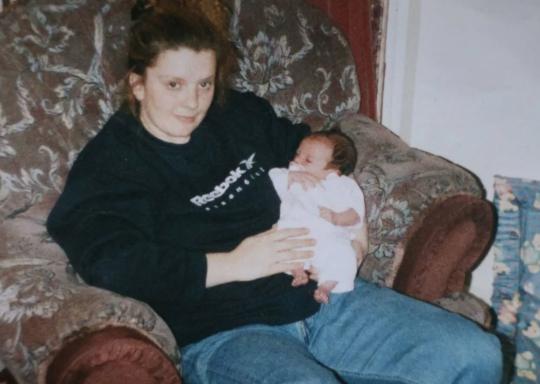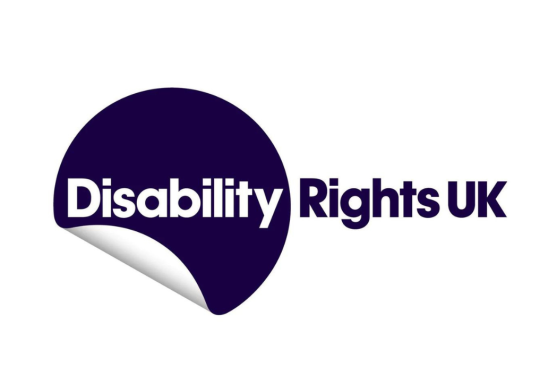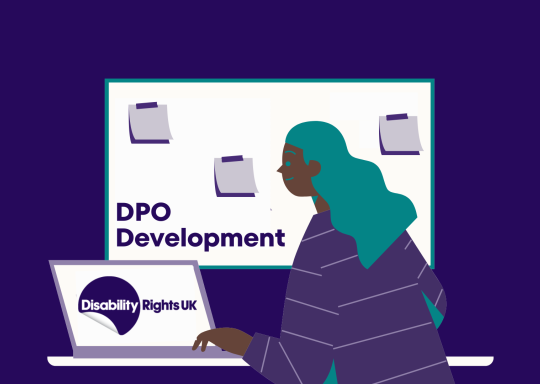Ofgem webinar on possible winter power cuts
Last week the energy regulator Ofgem hosted an online webinar called “Energy aware: Making a plan for power cuts this winter” with the National Grid Electricity System Operator (ESO) and Energy Networks Association (ENA) to discuss what would happen in the unlikely scenario that there is an energy shortage emergency.
As part of the Ofgem stakeholder engagement team, the Disability Poverty Campaign Group (DPCG) of which DR UK is a leading member, were invited as representatives of Disabled people who are medically dependent on electricity for their well-being and independence. The event included speakers from both the ESO and the ENA and the main discussion was on responses to a possible shortage of household energy.
Reasons given for possible energy shortfalls were reduced electricity imports from continental Europe and constant below-average temperatures.
However, Ofgem stated that the ESO, Government and the energy industry have well planned and tested measures in place to manage any shortage of electricity including robust communication plans. To manage a shortfall in available electricity there were discussions around disconnecting some consumers to preserve the integrity of the network for all consumers. The two primary ways suggested to manage possible disconnections were the implementation of "Operating Code 6" which is a short term measure of disconnection and "Electricity Supply Emergency Code" which is a longer term measure managed by Government. In either unlikely scenario customers will be informed in advance if possible.
Among other points raised, is the need to ensure that any households where there are vulnerable or Disabled consumers are signed up to the Priority Services Register. However, those on the register will still experience power cuts if they are part of what is called a Rota Load Disconnection Group. The purpose of Rota Load Disconnection is to control or reduce the demand for electricity that is available in a certain area. It is achieved by dividing all users of electricity into groups called ‘blocks’; a customer's block is determined by their postcode and position on the local network. These blocks are then switched off in turn, on a “rota”.
Dan White one of the leads at the DPCG and policy and campaigns officer at DR UK said: “Although it is comforting to know that there are plans in place to support Disabled energy users in any possible energy supply crisis, the reality is they do not go far enough. It seems absurd that those vulnerable and Disabled people on the Priority Services Register will see no exemption from enforced power cuts should they go ahead.
Disabled people rely on and use more energy than anyone else to power equipment to maintain healthy lives, there must be an alternative to just switching off everyone in a postcode area when within that area is a family or individual needing energy to live.”
If you rely on electricity to power medical equipment and don’t know what would happen to your equipment in a power cut, you should speak to your healthcare provider now and ensure your equipment and backup systems have been recently serviced and tested by the organisation which supplied it. https://www.energynetworks.org/customers/extra-help-for-customers





